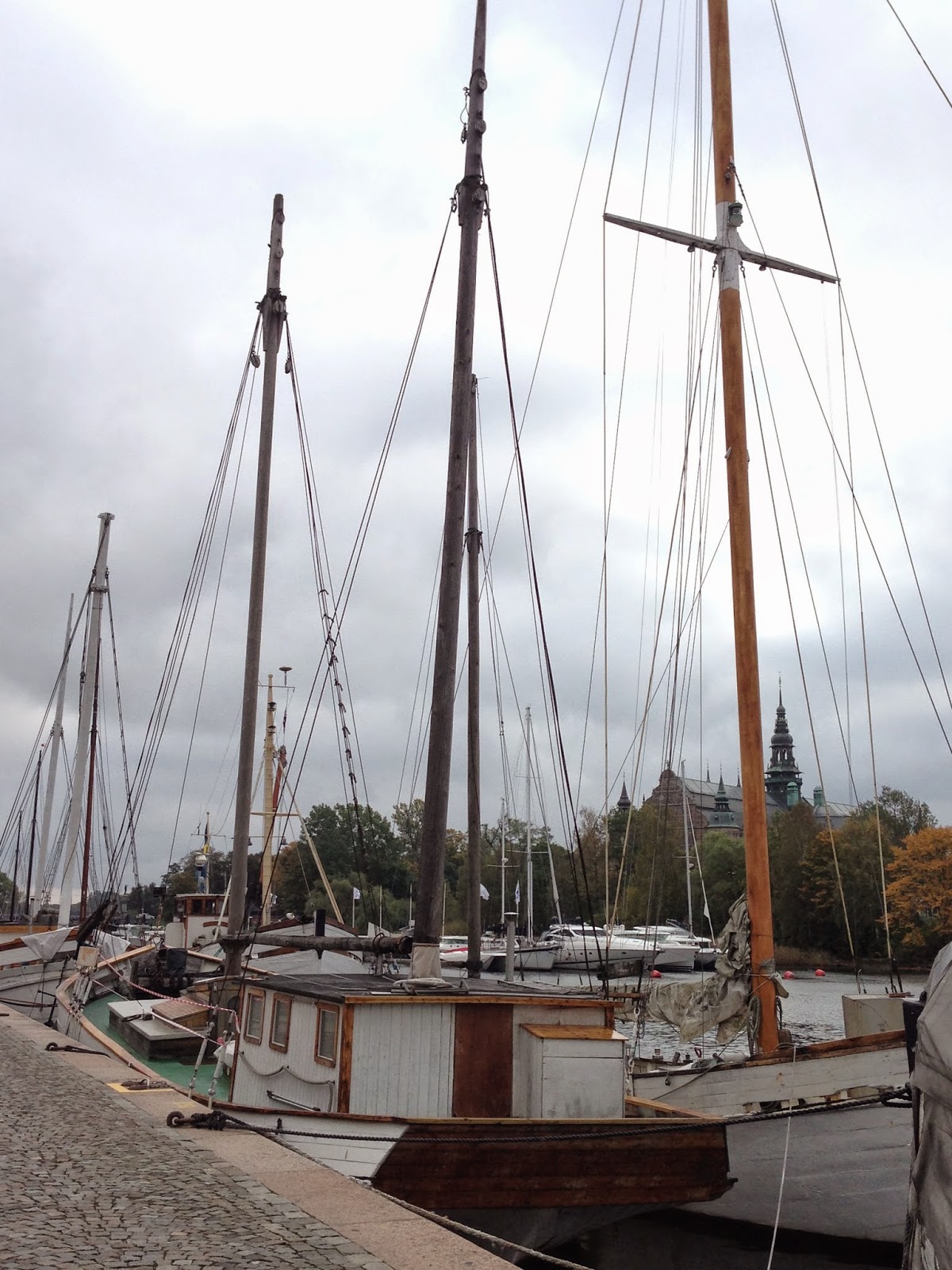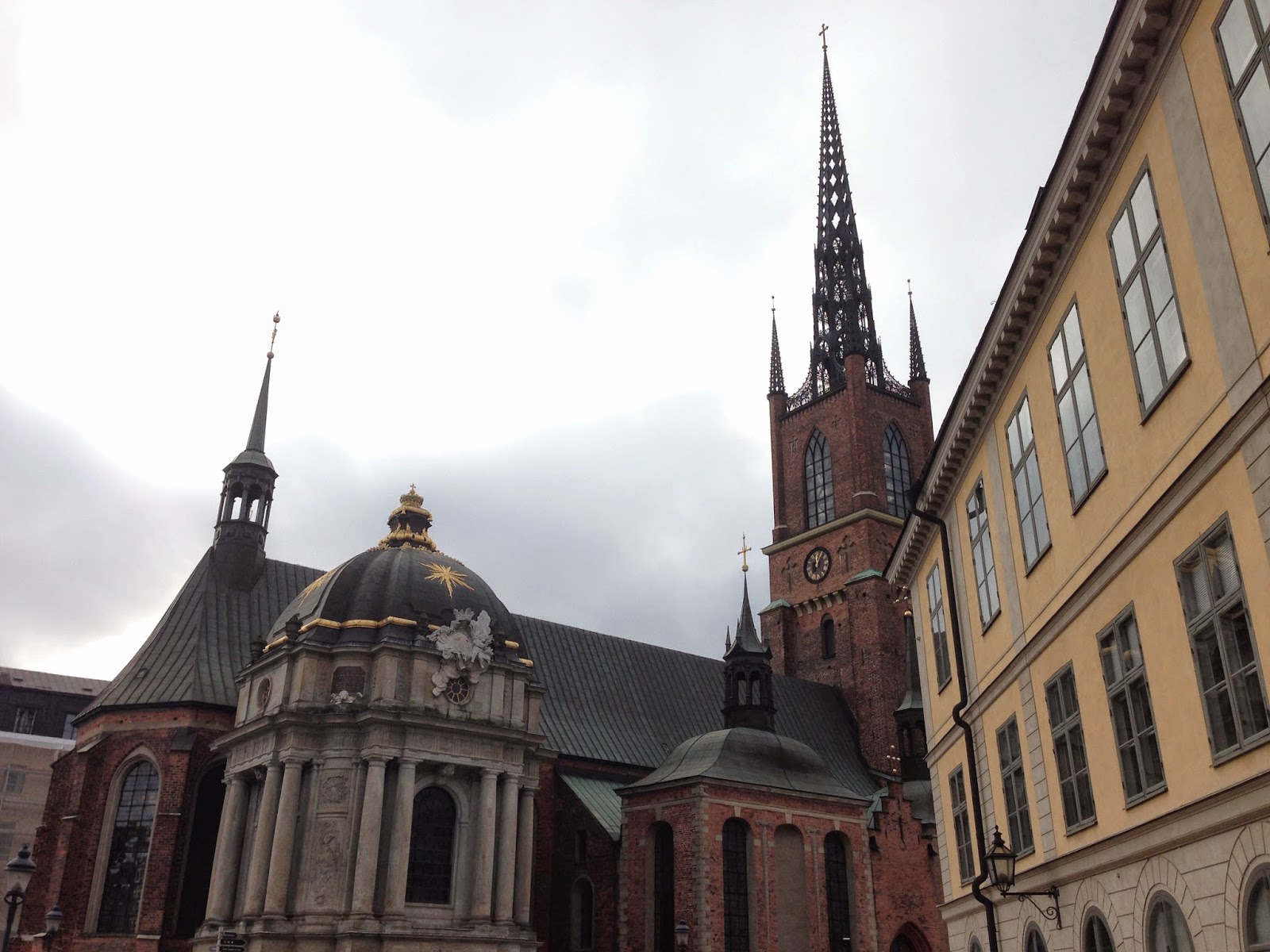Francisco de Paula Villar began work on the building on 1882, and it started out as what I would describe as a typical looking European church. The original plans showed a neo-Gothic building with many spires and a tall bell tower. However, just a year into construction Francisco bowed out of the project over disagreements with the man who originally developed the idea for the church, Joseph Maria Bocabella.
The talented architect Antoni Gaudí took over the project in 1883, and it became his life's work until his death in 1926 (43 years!). The design of the building changed dramatically from Francisco's original plan. The building was not complete when Gaudí died; Sagrada Familia is still under construction today. Yes, that's over 130 years. The current timeline indicates that 2026 is the target for completion.
I was unsure if it was proper to refer to Sagrada Familia as a church or basilica, so some research on the internet set me straight. Which has to be true since I found it on the internet. All kidding aside, Sagrada Familia could be called a basilica when Pope Benedict XVI consecrated the building in November 2010, which means the daily mass can commence. La Sagadra Familia is beyond words inside and out. I purchased a book in the gift shop because I knew there was no way we'd see everything there was to see, nor understand all of the symbolism in the architecture. Much of the information I share today is from that guidebook.
The outside has three distinct façades: Nativity, Passion, and Glory. The Nativity façade depicts the early years of Jesus Christ's life. It is further broken into three porticos called charity, hope, and faith. The carvings on this façade were what we first saw upon entering the grounds. It had a calming aura that encouraged us to take the time to see all of the impressive living things and symbols.
The Passion façade had a much different feeling. Gaudí indicated this façade should scare the viewer as it depicted the last days of Jesus Christ's life. The twelve carvings on this side of the building show Jesus's life from The Last Supper to the Resurrection, also known as the Stations of the Cross. The bronze doors on the Passion façade measure up to six meters tall. The raised letters depict gospel texts of the last days of the life of Jesus Christ.
The Glory façade will be the main entrance upon completion of the basilica. It is still under construction so we did not even know it was there. Information indicates that the theme for this façade will represent the rise to heaven or descent into hell.
That's just the outside dear readers.
Once we walked inside, I felt like I was floating. The gorgeous Barcelona sun flooded the room with every color of the rainbow. I had no problem sitting in the central nave to stare at the beauty.
I made note while sitting in the central nave at how many people were touring the basilica at the same time. However, by the calmness inside you would not know it. I suppose we were all a bit mesmerized.

























































